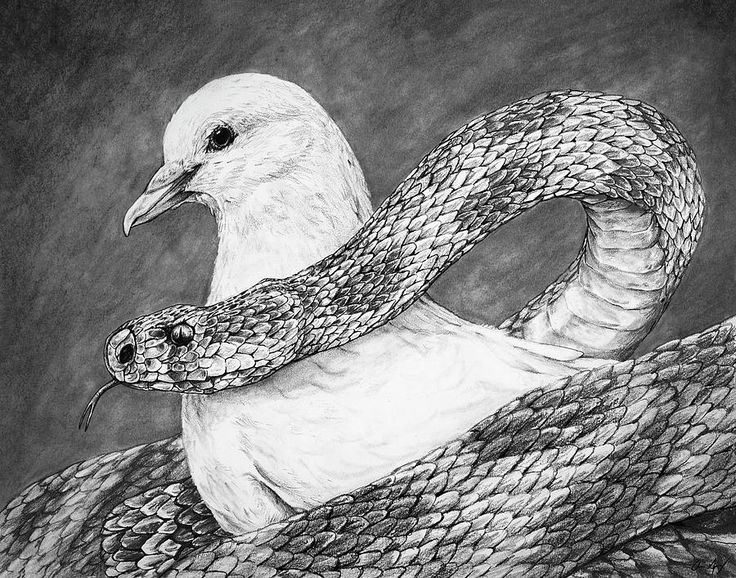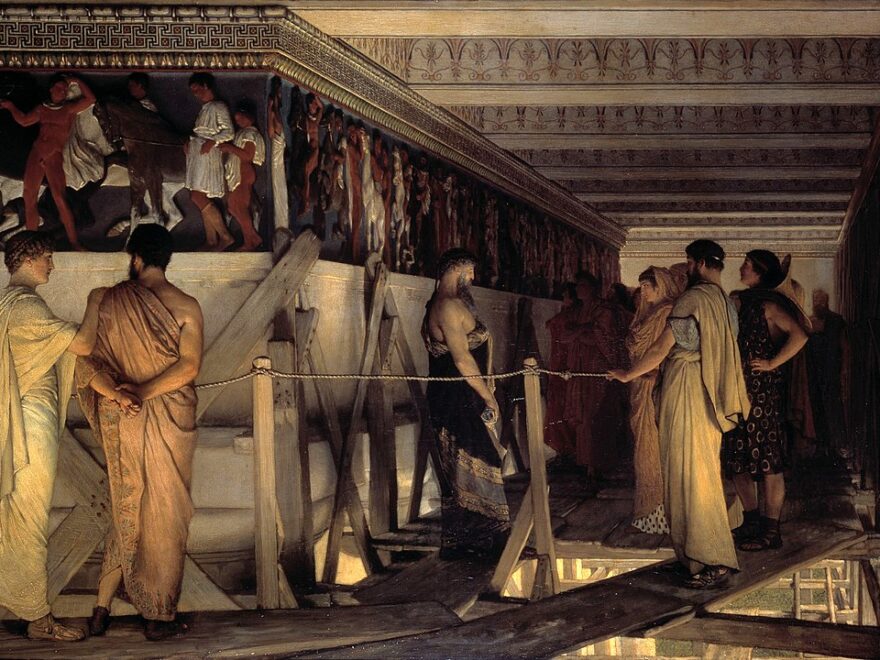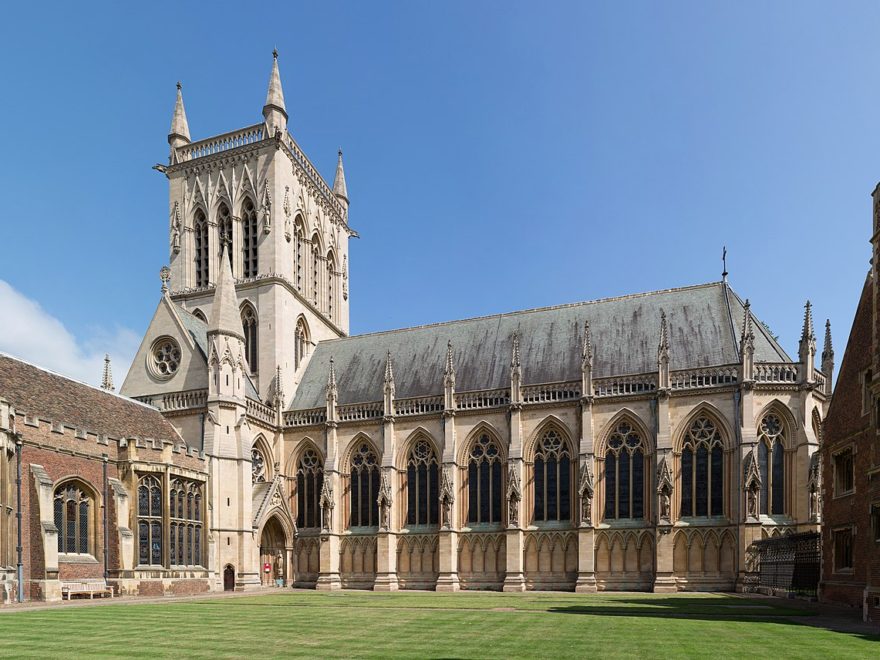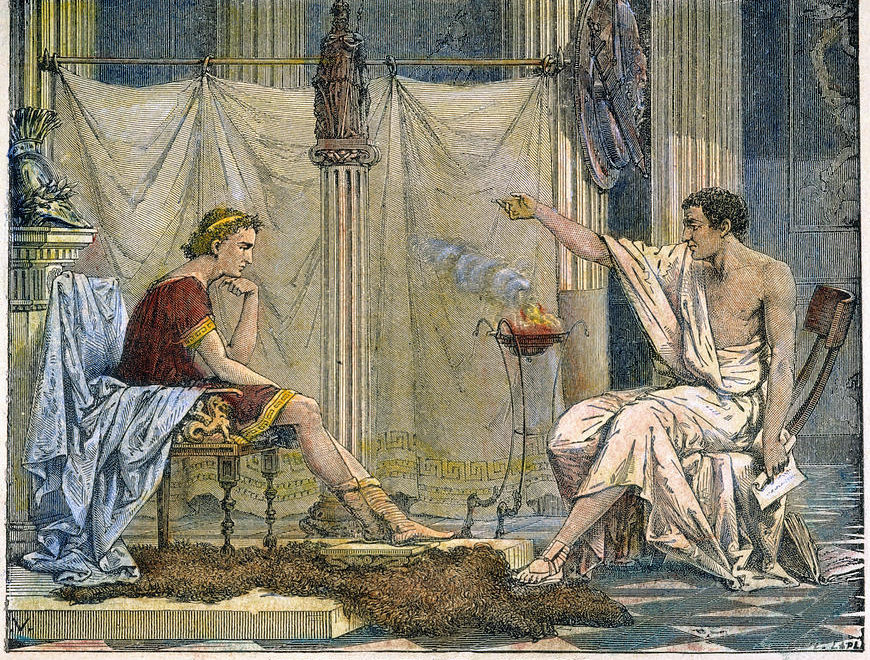Tag: intellectual virtues
-

Slow Productivity in School, Part 1: The Problem of Pseudo-Productivity
Classical educators can often be found touting the Latin phrase multum, non multa, in favor of various revolutionary proposals to adopt quality over quantity, depth over breadth, much over many things. (See for instance this article on Memoria Press by Andrew Campbell, or Christopher Perron’s lecture on Classical Academic Press.) The phrase comes from a…
-

Counsels of the Wise, Part 9: The Limits and Transcendence of Prudence
We have come full circle in this series on Aristotle’s intellectual virtue of prudence or practical wisdom. Prudence is one of those forgotten gems of the classical educational tradition. Its proper flowering is the result of early instruction, long reflection and the blooming of rationality in man. Discipline, early training in habits, examples and good…
-

New Year’s Resolutions, Goal Setting and Education
The idea of New Year’s resolutions elicits strong reactions from some people. “If you want to change, why wait until the New Year to start?” the cynical say. Others perhaps remember the failure of last year with some measure of shame and regret. Still others are fired up about the success and dream-fulfillment that lie…
-

Counsels of the Wise, Part 8: Aiming at the Intermediate or Aristotle’s Moral Virtues
We’ve traveled far in this series on restoring the forgotten goal of prudence or practical wisdom to our educational goals. We established the necessity of prudence alongside moral virtue as constituting the intellectual virtue that accompanies and regulates all the moral virtues by deliberating about what is good or bad for human beings. A Christian…
-

Counsels of the Wise, Part 7: Leadership, Liberal Arts, and Prudence
In the previous article we finally laid out a pedagogy for training students in prudence. While there are many preliminary actions that we can take to sow the seeds of prudence and provide for students’ good instruction from sources of moral wisdom, it is nevertheless true that the full acquisition of practical wisdom awaits a…
-
The Counsels of the Wise, Part 6: A Pedagogy of Prudence
At this point in our series, we have established prudence or practical wisdom as a Christian and classical goal of education. We have also laid out several paths toward prudence, seeds really, which must be sown in early youth in order to reap the full flowering of practical wisdom in students’ more mature years. Among…
-

Counsels of the Wise, Part 5: Principles and Practice, Examples and Discipline
In the last article we discussed “good instruction” as a preliminary or a forerunner to prudence. While the development of prudence itself must be confirmed through experience, since it requires familiarity with all the particulars of life, it can and must be fostered in the young through implanting the right principles. A great part of…
-

Counsels of the Wise, Part 4: Preliminary Instruction in Prudence
How does a person become wise? What are the proper ingredients in an educational paradigm aimed at prudence? Where would we even begin? So much of K-12 education seems to have nothing to do with practical wisdom, as Aristotle defines it. How do we recover the classical goals of wisdom and virtue in earnest, and…
-

Counsels of the Wise, Part 3: The Practical Nature of Prudence
In this series we are recovering several lost goals of education by exploring Aristotle’s intellectual virtues as replacement learning objectives for Bloom’s taxonomy. Prudence or practical wisdom (phronesis) is one such lost goal, which is endorsed by the biblical book of Proverbs and the New Testament, even if Aristotle’s exact terminology is not adhered to.…
-

The Counsels of the Wise, Part 2: Why Reviving Moral Philosophy Is Not Enough
In The Liberal Arts Tradition: A Philosophy of Christian Classical Education (Version 2.0, Revised Edition), Kevin Clark and Ravi Jain argue for a recovery of the tradition of moral philosophy against the reductionism of the modern social sciences. Their account of the intellectual history that led to the replacement of this classical and Christian paradigm…
